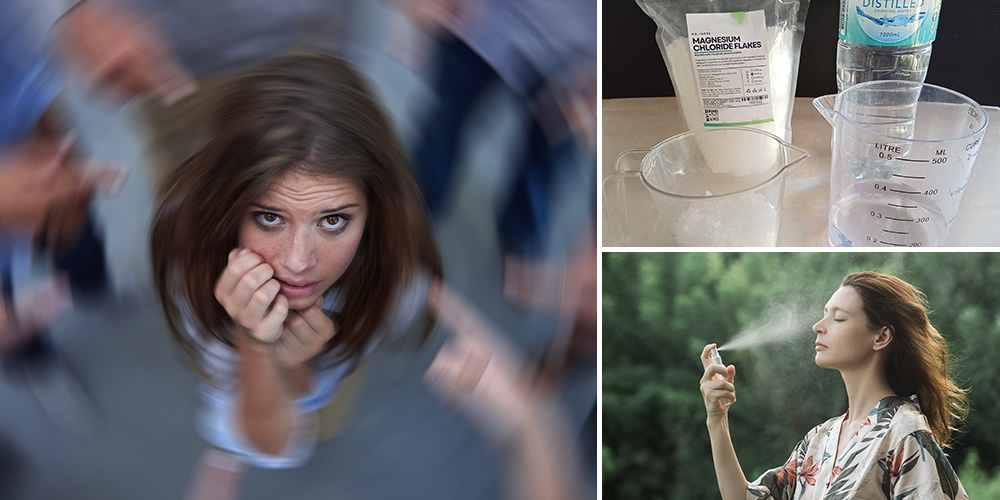
DIY Anti-Anxiety Magnesium Spray
Keeping anxiety and stress levels down can be hard. Getting the much-needed sleep is even harder if your active brain constantly overrules your tired body.
Of the countless home remedies from herbs, aromatherapy and essential oils, one of the less popular is perhaps magnesium sprays.
Some athletes use magnesium spray for muscle recovery after heavy physical activity. But, it may also be one of the transdermal routes to keep anxiety at bay.
What Is Magnesium Spray?
Magnesium comes in different forms like magnesium chloride, citrate, sulphate, and glycinate, among others. Some are taken orally, while others are applied topically like magnesium sulphate, popularly known as Epsom salt.
Magnesium spray is slightly different from Epsom salt. It is a topical spray made of magnesium chloride and water. It is sometimes referred to as magnesium oil because of its greasy feel.
Presently research on magnesium spray is limited and experts have yet to confirm its effectiveness for topical applications. However, much anecdotal evidence supports its efficacy, particularly in relieving muscle tension, improving sleep and calming the brain.
Magnesium Spray for Anxiety
Magnesium spray transdermal application provides magnesium to the body by being absorbed into the skin easily.
Magnesium in the body is an essential mineral that controls the blood sugar level and maintains a steady heartbeat. It also modulates the brain’s inflammatory mediators to regulate learning, memory and sleep.
Here are some facts about magnesium and anxiety:
Produces a Calming Effect
Supplementation with magnesium can affect the brain’s neurotransmitters. It increases chemical messengers like GABA (gamma-aminobutyric acid), which helps block specific signals in the central nervous system to produce a calming effect.
Manages the Cortisol Level
Chronic stress, both mental and physical, may lower magnesium levels, which in turn increase cortisol levels and worsen stress and anxiety. Taking magnesium through food and supplements and using magnesium spray may help lower cortisol and other stress hormones.
Improves Sleep Quality
By stimulating GABA, magnesium spray may promote restful sleep. Additionally, unlike oral supplementation, applying it to the skin does not cause gut problems or changes in the gut microbiota. A healthy gut supports melatonin production, which is beneficial for sleep regulation.
Herbs like Valerian Root, Hops, German Chamomile, and Passionflower can regulate your sleep schedule naturally. Together, they boost the production of the calming brain chemical that promotes sleep. This Sleep Blend Tincture is formulated with these 4 herbs that are either wild-harvested or organically grown. It is non-GMO and vegan.
Relieves Muscle Pain
Topical magnesium oil is mostly used to ease muscle tension and other musculoskeletal pain and cramps. Without pain, the body relaxes better to decrease the general level of anxiety when used regularly.
Maintains Regular Heartbeat
Magnesium patches and sprays calm the nerves and regulate the heartbeat. They also reduce problems that cause undue strain on the heart to sustain its beating and lessen anxiety.
But the chance of all these can be easily lowered by helping your body fight against its weaknesses. Herbal remedies that target your heart are essential to anyone’s medicinal cabinet. Here’s the already-made remedy that made me avoid cholesterol buildup.
Improves the Mood
Magnesium sprays may trigger the release of the brain’s feel-good hormone known as serotonin. It helps in balancing the mood and reducing anxiety and other mood-related disorders, especially in women experiencing symptoms of menopause.
Other Benefits of Magnesium Spray
Magnesium chloride is not only beneficial in alleviating anxiety. It may also aid the body in several other ways. The best thing about topical application is that there is no toxic level compared to taking oral supplements that may cause an overdose.
Exercise Recovery
Athletes and gym-goers use magnesium spray to help with muscle recovery. It can replenish magnesium lost through sweating after a strenuous activity. As magnesium relieves muscle tension, it may also increase athletic performance and stamina.
Improve the Energy Level
If you feel tired and sluggish, try applying magnesium spray for an extra energy boost. Magnesium oil may help promote the activation of enzymes like ATP, which produces cellular energy. Magnesium binds with ATP to boost energy and decrease fatigue.
Alleviate Restless Leg Syndrome
Applying magnesium oil on calves and feet before bedtime reduces the risk of nocturnal leg cramps and restless leg syndrome (RLS). Magnesium helps the muscles to relax and improves the nerve impulses to reduce twitching and contraction of the leg muscles.
Ease Migraine
Magnesium oil brings fast relief to mild headaches and migraine. It works by controlling the neurotransmitter function and improving blood circulation. Magnesium spray may also reduce blood vessel constriction and encourage the release of pain-reducing hormones.
⇒ Do this simple exercise to relieve Vertigo and Tinnitus (Video)
Side Effects and Risks of Magnesium Spray
Topical magnesium may not have the same effect as oral supplementation. Oral magnesium is well-documented and is proven to improve different body processes.
Despite the lack of studies to refute claims, users swear by the effectiveness of transdermal magnesium applications. It is claimed that topical magnesium is more effective because it gets absorbed directly by the skin. Without passing through the digestive tract, it poses fewer side effects like upset stomach, nausea and indigestion. It is also beneficial to individuals who have difficulty absorbing magnesium internally.
However, magnesium spray may risk allergic reactions in people sensitive to it, although rare.
It should also be noted that magnesium spray causes slight itching and tingling from the first few uses. The sensation is normal and will often pass after it dries out and as the body gets used to the magnesium intake.
An adverse reaction may typically include a stinging and burning sensation that lasts. So, it is important to conduct a small patch test on the skin for any reaction before using it.
Magnesium is an abundant element in food like leafy greens, animal products and beverages. If you think you are not getting plenty or develop symptoms of magnesium deficiency, consult a doctor for a proper diagnosis.
You can always go full natural with a plant-based spray or tincture containing the most powerful sedatives found in nature: Ashwagandha, Lemon Balm, Lion’s Mane Mushroom and Reishi Mushroom. This blend contains everything your body needs to adapt to stress. It relieves anxiety, depression and stress-related insomnia.
The most trustworthy source in U.S. where you can get the Anxiety & Stress Tincture is Nicole’s Apothecary. Here’s what people say about this powerful blend:
You can get your calming tincture here.
DIY Anti-Anxiety Magnesium Spray
Magnesium sprays are widely available in drugstores and online stores. You can also prepare your own at home, which is more economical using magnesium chloride flakes.
You can also buy magnesium chloride flakes in some online stores. These flakes are different from oral magnesium. Oral magnesium is not suitable for magnesium spray preparation because it may cause skin irritation.
 Ingredients
Ingredients
- ½ cup magnesium chloride flakes
- ½ cup distilled water
Steps
- Boil the distilled water.

- Put the magnesium flakes in a small bowl or measuring cup.

- Pour the boiling water over the magnesium flakes and stir well until the flakes dissolve.

- Let cool and transfer to a spray or oil bottle.
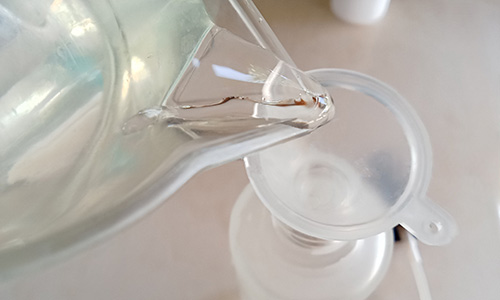
To use: Apply the magnesium spray all over the body after washing. It works best after a warm shower before bedtime. Pay attention to the joints, muscles, and soles of the feet, gently massaging the areas of concern.
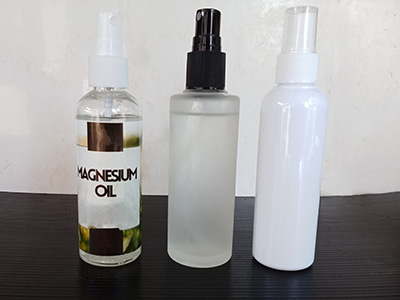
Repeat spraying as often as needed to reduce anxiety and achieve deeper sleep and relaxation.
This is one of the easiest recipes to make at home I learned from the academy that certified me as a herbalist. I’m no longer dependent to what they say it’s ‘the only way’ to be healthy.
In the Academy, you can also watch her prepare every single powerful remedy that your grandma probably used to make when you were young.
It’s probably the only class I’ve ever been a part of that covers almost all the ailments you might suffer from. The remedies we’re making aren’t just scratching the surface and treating the symptoms like most synthetic pills do, but they actually target the root cause of the disease.
Some that I just learned how to make are:
 The Herbal Migraine Killer
The Herbal Migraine Killer- Nature’s Xanax
- Moon Milk
- The Redbull of the Woods
- The Amish Pain Elixir
- the DIY Antiparasitic Drano
- the Fever Sponge
- The Fatty Liver Repair Tea
- Homemade Anti-Fungal Salve
And so many others!
In the meantime, I invite you to check out The Lost Remedies Academy here.


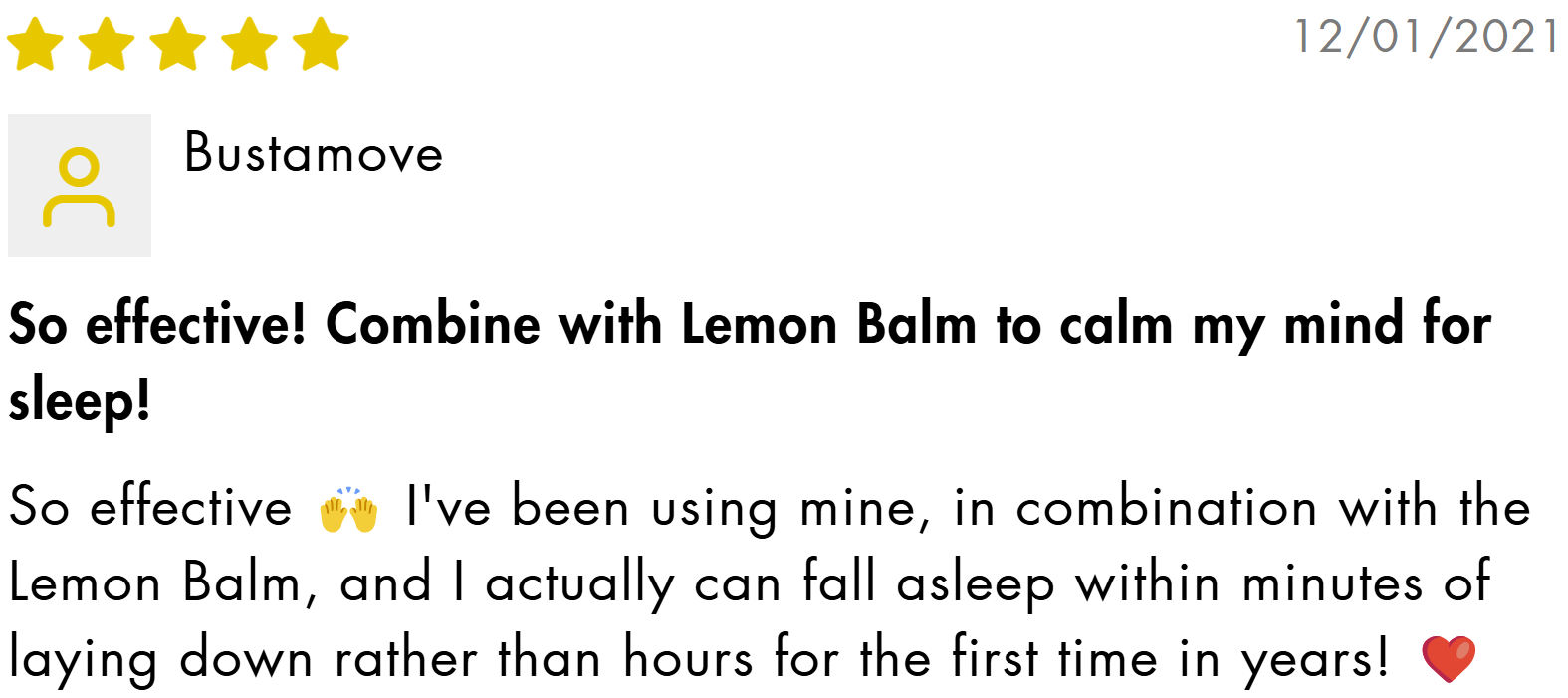
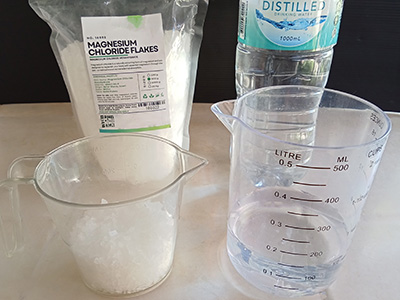 Ingredients
Ingredients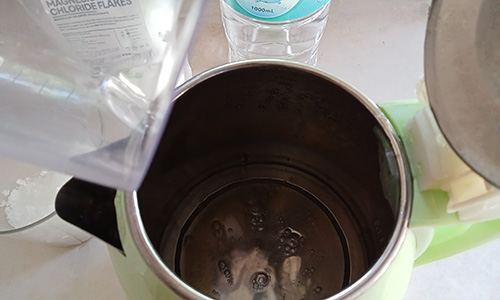
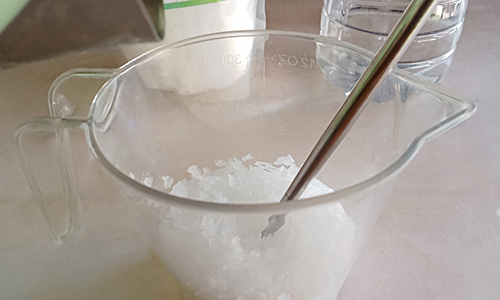
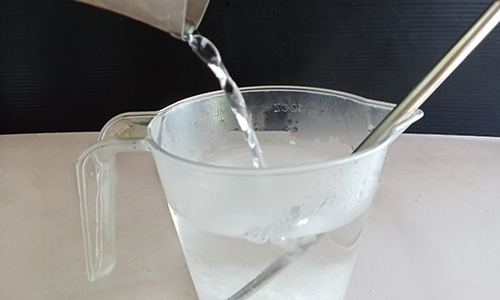
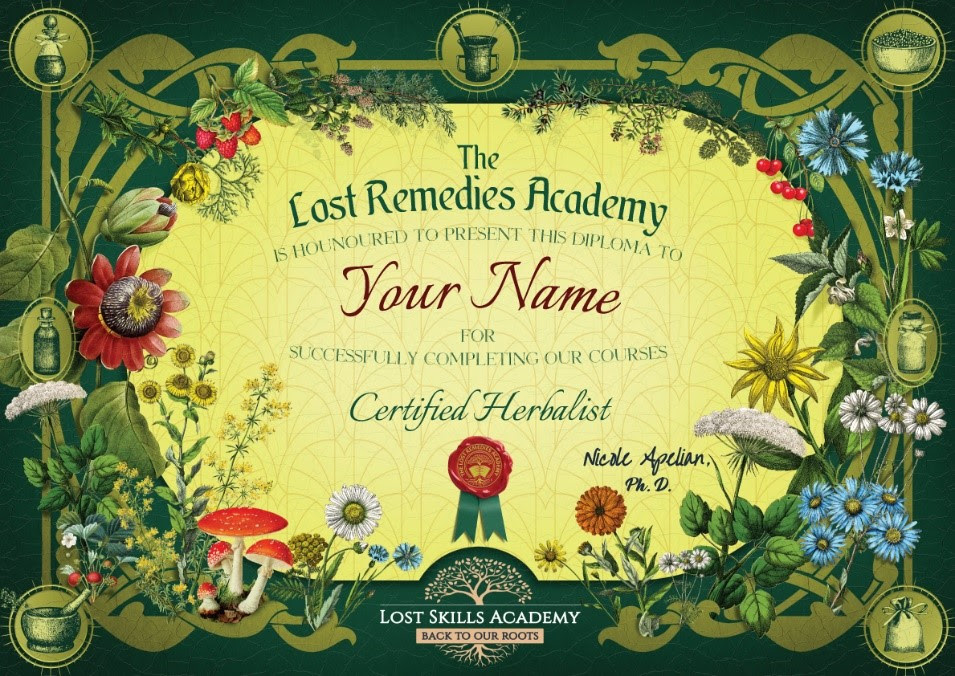 The Herbal Migraine Killer
The Herbal Migraine Killer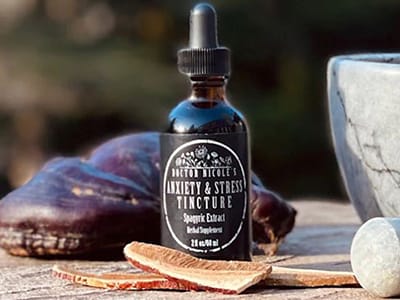
This spray looks great. My question is, can you add some essential oils like say lavender or other calming oils to the mix?
How long does this spray last/stay potent?